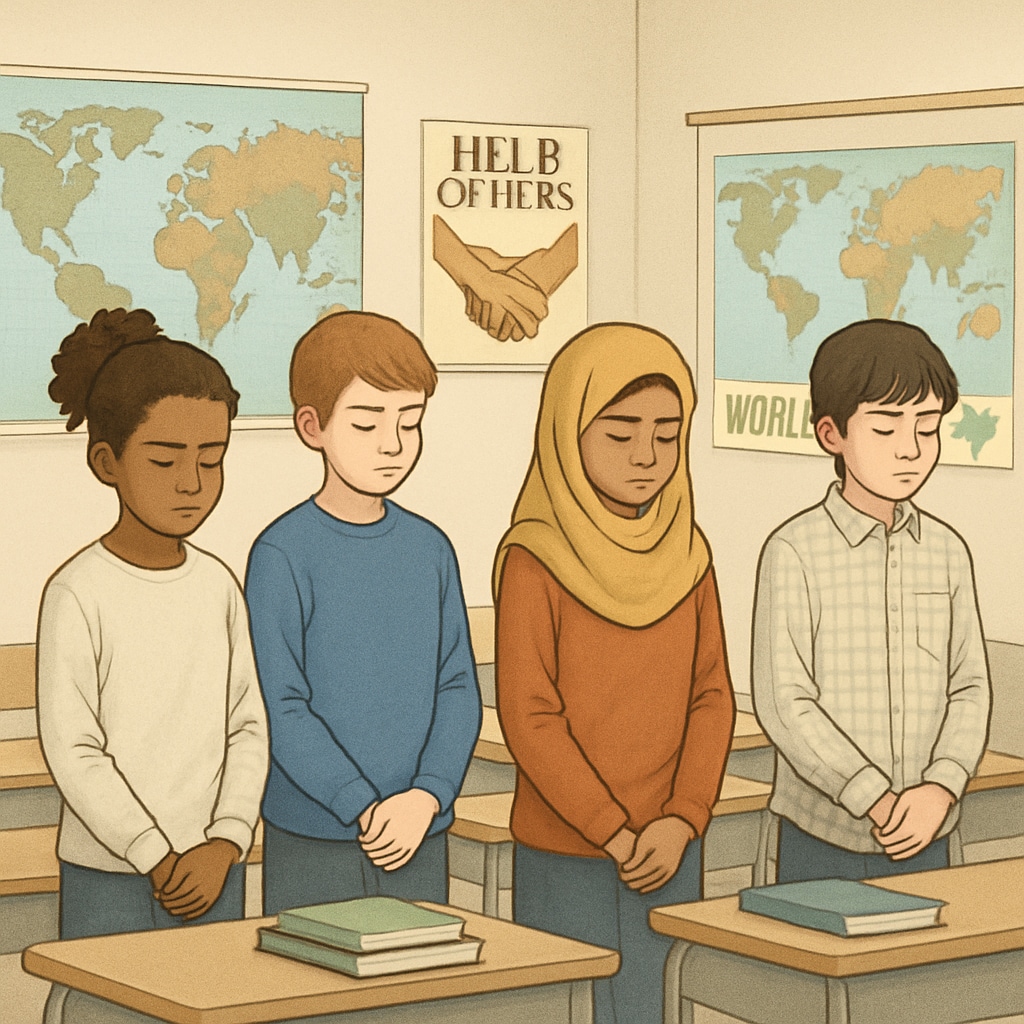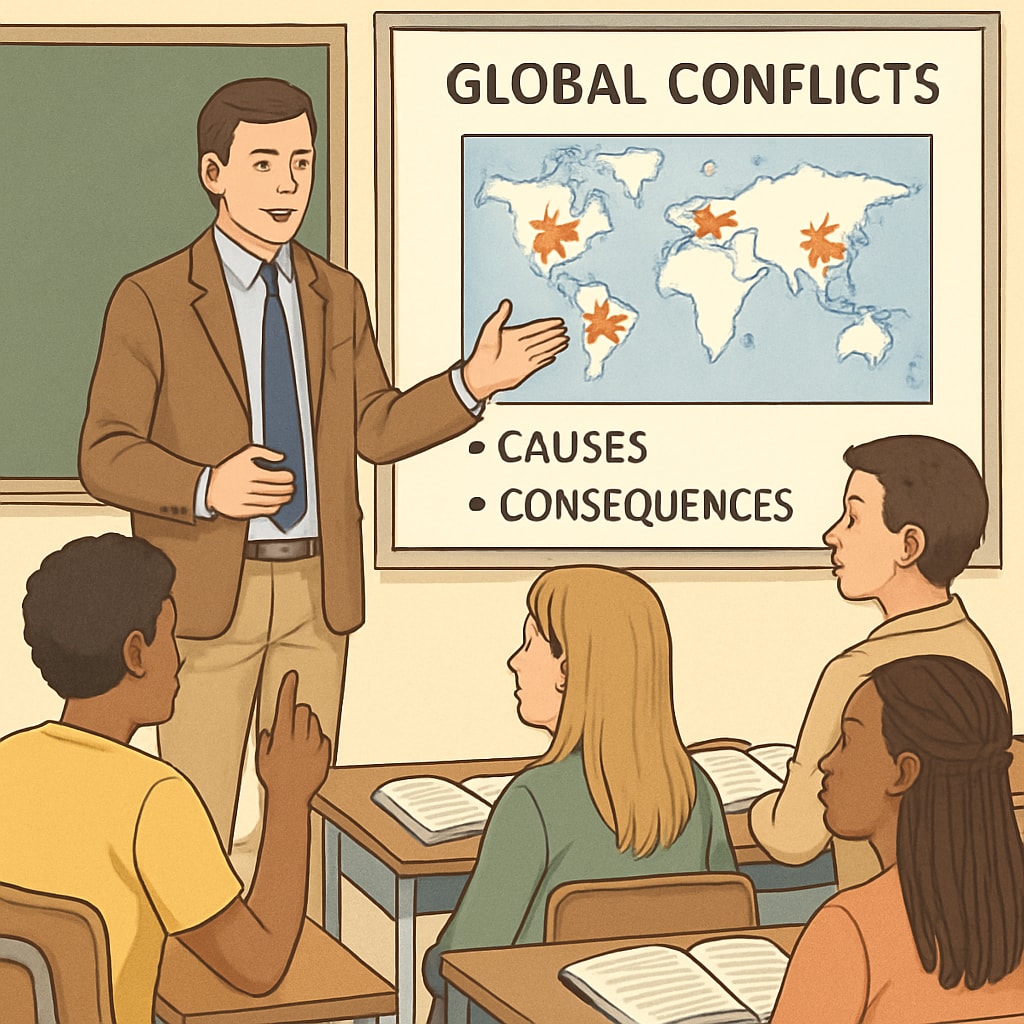The controversy surrounding Gaza mourning, generalization, and school decision-making reveals a critical tension in modern education. When institutions replace specific commemorations of the Gaza humanitarian crisis with vague acknowledgments of “all war victims,” they risk diluting both historical truth and student empathy.

The Neutrality Paradox in Crisis Education
Many schools adopt generalized mourning practices due to legitimate concerns about political divisiveness. However, research from the peace education movement shows that avoiding specific contexts can:
- Reduce learning opportunities about complex geopolitical issues
- Create false equivalencies between different conflicts
- Undermine the development of nuanced historical understanding
Pedagogical Consequences of Context Removal
When schools remove geographical and historical specificity from humanitarian education, they inadvertently create three problematic outcomes:
- Students develop abstract rather than concrete compassion
- Critical thinking skills remain underdeveloped regarding root causes
- Future civic engagement becomes detached from factual awareness

According to Britannica’s analysis of critical thinking, this approach contradicts evidence-based best practices for developing analytical skills. The solution lies not in avoiding difficult topics, but in creating age-appropriate frameworks for understanding them.
Implementing Balanced Humanitarian Education
Progressive schools demonstrate that balanced approaches exist between complete avoidance and political advocacy. Effective strategies include:
- Contextualizing current events within historical timelines
- Teaching multiple perspectives through primary sources
- Developing media literacy to analyze conflict reporting
- Creating safe spaces for student-led discussions
As a result, students gain tools to process complex humanitarian issues without oversimplification or ideological indoctrination. The key lies in maintaining educational integrity while nurturing genuine global citizenship.


